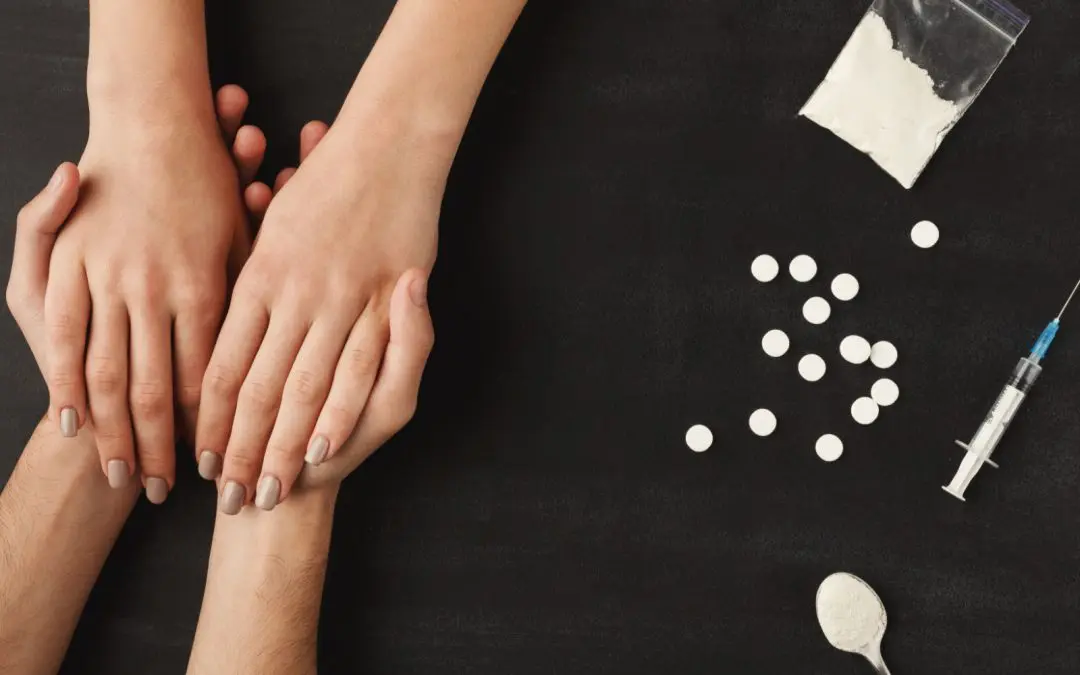24/7 Helpline:
(866) 899-221924/7 Helpline:
(866) 899-2219
Learn more about PTSD Treatment centers in Fort Gaines
PTSD Treatment in Other Cities

Other Insurance Options

Ambetter

MHNNet Behavioral Health

Optima

Lucent

Excellus

Molina Healthcare

Health Net

GEHA

Sliding scale payment assistance

Choice Care Network

Evernorth

UnitedHealth Group

Group Health Incorporated

Ceridian

Covered California

MVP Healthcare

CareSource

ComPsych

BlueShield

EmblemHealth














